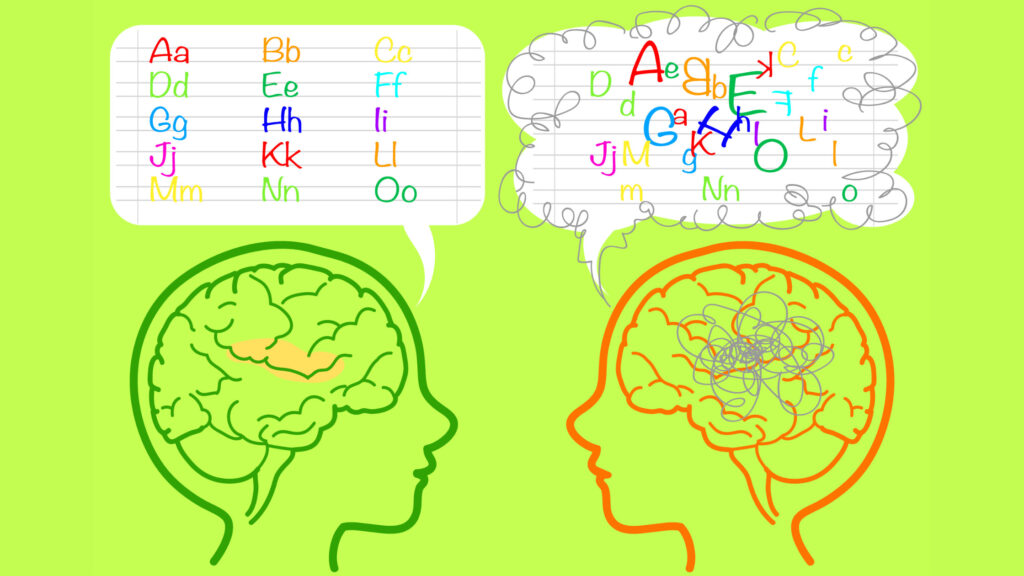As the new academic year commences, many parents are seeking advice on how to best support their children’s learning journey. For parents suspecting their child may have a learning disability hindering their full academic potential, understanding how to effectively navigate this situation to ensure your child’s success is crucial.
Decoding Specific Learning Disabilities
Teachers often detect the signs of Specific Learning Disabilities (SLD) first, but that’s not to say parents don’t notice symptoms at home. For a comprehensive understanding of a child’s needs, maintaining a regular dialogue between parents and teachers about the child’s progress is essential. This can lead to evaluations for diagnosing SLD and identifying the need for special education services.
Signs that teachers may observe include difficulty learning letter-sound connections, confusion with basic words, frequent reading and spelling errors, struggles with basic math concepts, and problems understanding prefixes, suffixes, root words, and other spelling strategies.
Parents, on the other hand, may notice symptoms such as challenges with completing homework, slow acquisition of new skills, trouble learning numbers, the alphabet, days of the week, colors, and shapes, and problems keeping track of papers or assignments at home.
Moreover, there can be potential co-occurring symptoms of ADHD, such as excessive fidgeting, difficulty staying seated, being easily distracted, frequent activity shifts, struggles with quiet play, excessive talking and interruptions, apparent inattentiveness during conversations, and frequent misplacement of necessary items for tasks.
Response to Intervention (RTI) Process for Early Assistance
If a child exhibits most of these symptoms, they may be eligible for assistance through a Response to Intervention (RTI) process. This provides early academic support within the general education classroom. While RTI implementation varies across schools, parental involvement remains a crucial element.
Initiating a Special Education Evaluation
Under the Individuals with Disabilities Education Act (IDEA), parents have the right to request a comprehensive special education evaluation for their child. If the child qualifies for special education services, the school team and the parents will collaborate to create an Individualized Education Program (IEP). This plan, tailored to the child’s current performance levels, will outline specific teaching methods for the special education teacher and strategies for the general education classroom. Progress will be monitored, with the program adjusted as required to help the student achieve IEP goals.
Addressing Specific Learning Disabilities
Specific Learning Disabilities are brain-based and therefore complex in nature. Addressing these challenges requires a nuanced approach from both parents and educators. Many schools adopt an “inclusion” model, where children with disabilities are taught in the general education classroom with the assistance of a special education teacher. For some students, more intensive, direct instruction in a special education setting, either individually or in small groups, may be required. Parents can request such settings if they believe it would better support their child.
Continuous Assessment and Support
Every two to three weeks, teachers should assess the child’s progress in relation to the goals set in the IEP. This continuous evaluation informs both parents and the school team about the child’s development. With each milestone achieved, new goals and objectives will be added to the plan until the child achieves grade level. Some children may need continued special education services for ongoing support in areas such as organization, reading, math, written language, and homework to prevent any academic regression.
The Cornerstone of Academic Success
It’s essential to understand that the key to academic success for children with specific learning disabilities lies in the collaboration between parents and teachers, in combination with comprehensive special education services. With a robust support system in place that identifies and understands your child’s unique needs, you can ensure your child will thrive in their academic journey.





